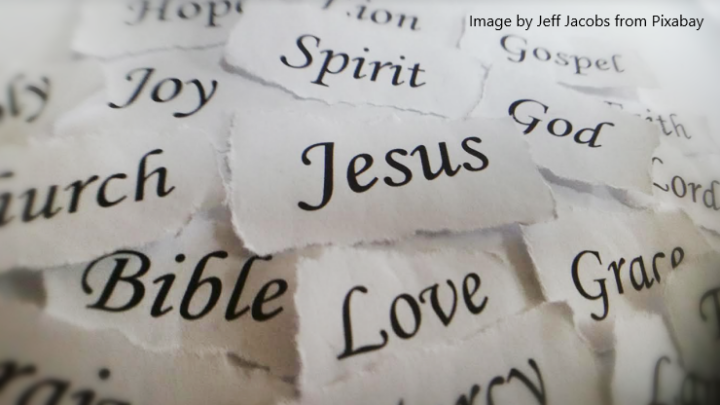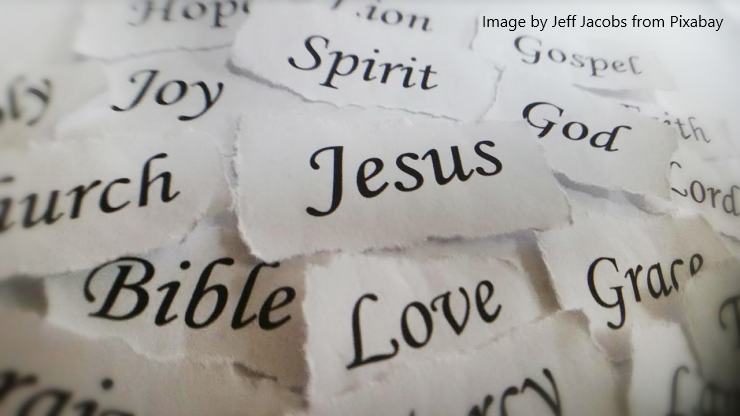Admittedly, as I sit down to write this devotion, my mind clings to two engagements that lay before me this week. One is officiating at the Memorial Service of a dear friend and colleague, Madison Hankal. This brings with it a great deal of reflection, gratitude for blessings and the sadness of loss. In crafting my words, the theme “There’s always more” has stuck in my mind. There was always more to Madison and there is always more to God’s love.
The other engagement is preaching at McMannen UMC on Sunday, as they kick off a season of celebration to commemorate their sesquicentennial. A milestone such as this deserves both appreciation for faithfulness in the past and the need for vitality for the future. I am leading off a series of guest preachers and (with the guidance of Donna Banks) want to set the stage of future celebratory events with these dual themes of past and future. I have turned to Genesis 26:12-25 and the story of Isaac re-digging the wells of Abraham: The deep reservoir of water which is always there must be accessed anew to maintain the possibility of life.
So why should you care about my schedule? (Here comes the “so what?”) These tributaries of thought have formed a stream of consciousness about tapping into God’s presence, power and love, as well as the importance in finding new channels or clearing clogged conduits to experience God’s love in ever-expanding ways. This leads me to both personal and communal questions.
On the personal level, I have come to recognize the ways that pandemic-living has affected my habits and disciplines. I have noticed a thirst in my spirit, which suggests that I need practices that will nourish my soul. This leads me to periods of introspection with important questions to be asked. What is the goal of each practice? How does it tap into the reservoir of God’s presence? Is it still effective? If not, is it a matter of better technique (re-digging the well) or has its effect dried up? If the latter, is there another channel through which I can continue to grow in my experience and understanding of God’s grace?
Similar considerations arise when I pose these thoughts to congregational life. The practices of local churches were developed because they were conduits to an experience of the Trinitarian God. The repertoire of a congregation’s mission and ministries arose in an attempt to either make disciples of others or foster deeper discipleship among the members. However, just because they DID doesn’t mean they still do. Hence questions asked of individual spiritual life are appropriate for communal life. What was the goal of the activity? Does the program still tap into God’s presence and power? If not, does it need to be decluttered so that God’s love flows freely, or is there a new channel that needs to be cut to create access?
There always is more to our experience of God’s love and our living out of faithfulness. I hope you will continue to find, restore and create new channels to receive God’s grace in your life and in the congregations and people with whom you serve.

If you would like to view past editions of Moments with Mike, follow this link: https://corridordistrictnc.org/category/from-the-ds/


